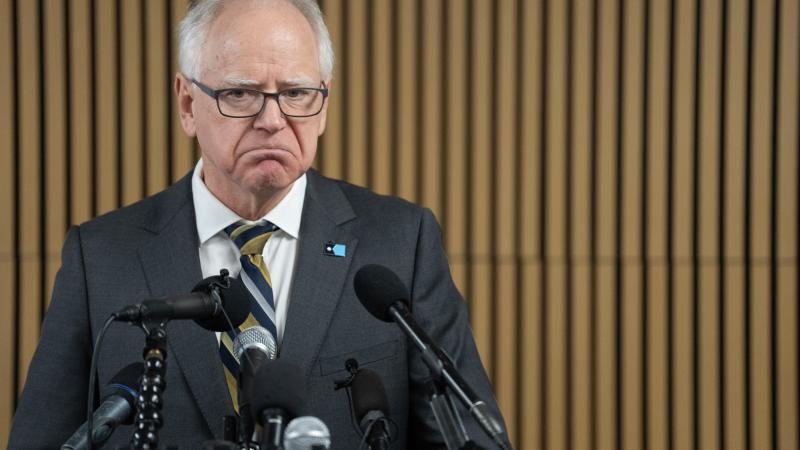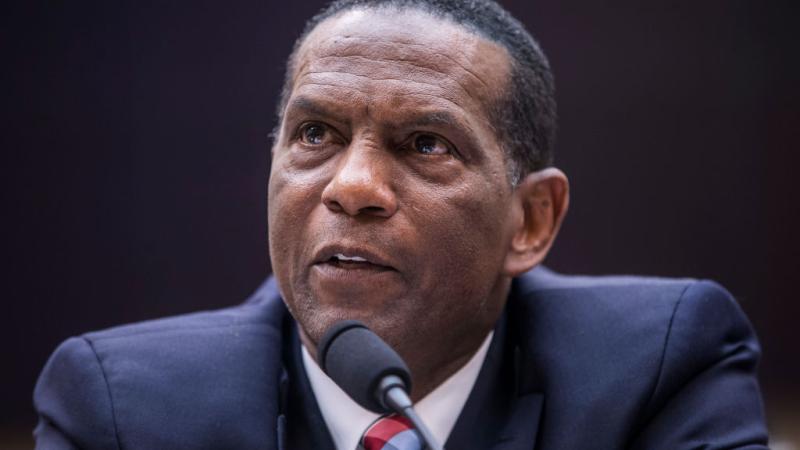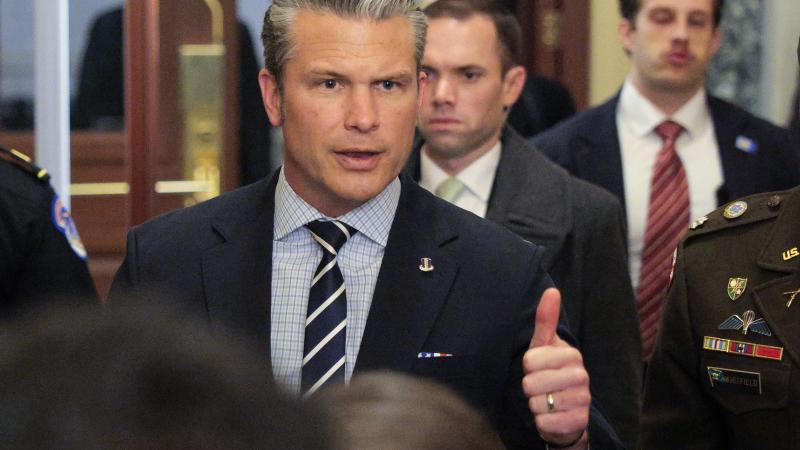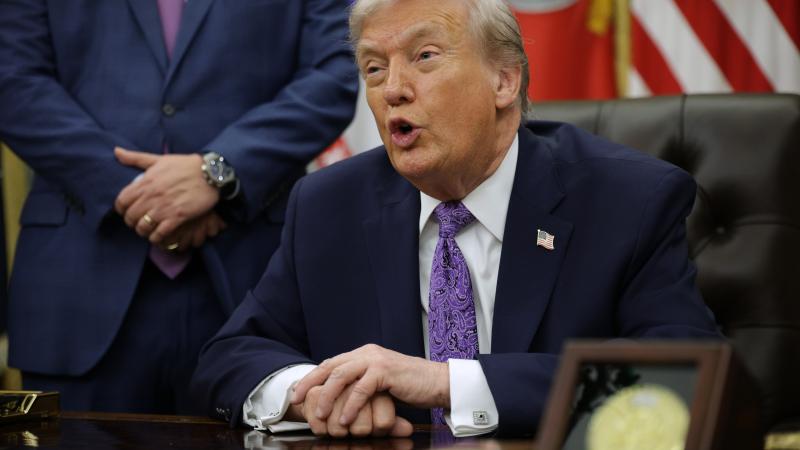Washington state's 'misinformation' program flags factual stories on noncitizens voting
The report warned that the story could “motivate individuals to call for stricter voter registration laws and more oversight of the process.”
An artificial intelligence company working on behalf of the Washington Secretary of State’s Office to track election and voter “misinformation” flagged factually accurate stories on noncitizens voting that were published by The Center Square.
While the reports from the AI company claims the stories could undermine confidence in the state's election process, The Center Square's review of the stories were based on internal government documents and emails obtained through public records requests.
Last year, the SOS signed a contract with U.K.-based AI company Logically to search online content on various social media platforms, including X (formerly known as Twitter), for "harmful narratives" regarding Washington’s elections or voting. The company was also tasked with generating reports to be sent to SOS for review highlighting “Emerging Narratives” related to Washington’s elections or voting.
According to SOS, “The criteria for these searches was specified by OSOS staff and is nonpartisan.”
In June and July, Logically generated reports on two separate stories published by The Center Square, which obtained the reports:
Emails: Washington state registered 'many' foreign nationals to voteForeign national avoids prosecution after illegally voting in Washington 28 times
The first report claimed that the first story pushed the narrative that “no government agency in Washington State has the mandate or authority to verify citizenship of registered voters and some users claimed it represents intentional negligence by Washington authorities to enable voter fraud. Users claimed that this leads to foreign nationals regularly voting in Washington’s elections.”
The report warned that the story could “motivate individuals to call for stricter voter registration laws and more oversight of the process.”
The second report claimed that a story on a foreign national avoiding prosecution after voting 28 times meant “that Washington’s elections were not secure and should not be trusted, and they noted that the sheriff’s office declined to prosecute the foreign nationals.”
Though the report included screenshots of online users making such comments along with posts of The Center Square stories, the report also included social media posts simply linking to the story itself without additional commentary.
The report further warned that The Center Square story could “increase claims of voter fraud and motivate individuals to call on election officials to implement citizenship verification procedures for voter registration in Washington State.”
When The Center Square reached out to the SOS inquiring which state agency verifies citizenship of registered voters, Deputy Director of External Affairs Derrick Nunnally wrote that “voters are required to affirm eligibility when they register (on paper, in person, or online) and with their signature each time they cast a ballot. Non-citizens who attempt to participate in elections can be subject to prosecution, deportation, and/or potential loss of a path to citizenship. Washington has 4.8 million active voter registrations, which are regularly verified using ERIC and other state and federal data sources.”
The SOS did not directly respond to questions regarding actions taken by the SOS to ensure non-citizens do not vote in elections and the coming primary.
Nunnally also stated that the Logically AI reports sent to the SOS are used “to formulate the office’s social media posts and other messaging. Neither Logically AI nor the Office of Secretary of State has used these reports to seek censorship, categorize specific social media users, or request action against any social media user.”
When contacted by The Center Square about the SOS program, Foundation for Individual Rights and Expression Director of Public Advocacy Aaron Terr wrote that they are “concerned about how government efforts to combat misinformation can give rise to censorship. Government monitoring of publicly accessible social media posts for alleged misinformation doesn't in itself violate the First Amendment, even if it gives off a creepy authoritarian vibe. But First Amendment issues could arise depending on what the government does with that information. We've seen, for example, how White House officials have unlawfully coerced social media platforms to remove or downgrade content related to controversial topics like COVID-19 and election fraud.”
However, he wrote that if “government officials are only trying to understand prevailing narratives about an issue so they can respond with their own speech, that's less concerning. But the government should always be fully transparent about its actions and careful not to do or say anything to suggest citizens will face repercussions for constitutionally protected speech, even if officials deem that speech false or misleading. The First Amendment doesn't permit the government to dictate truth and squash dissent.”
















